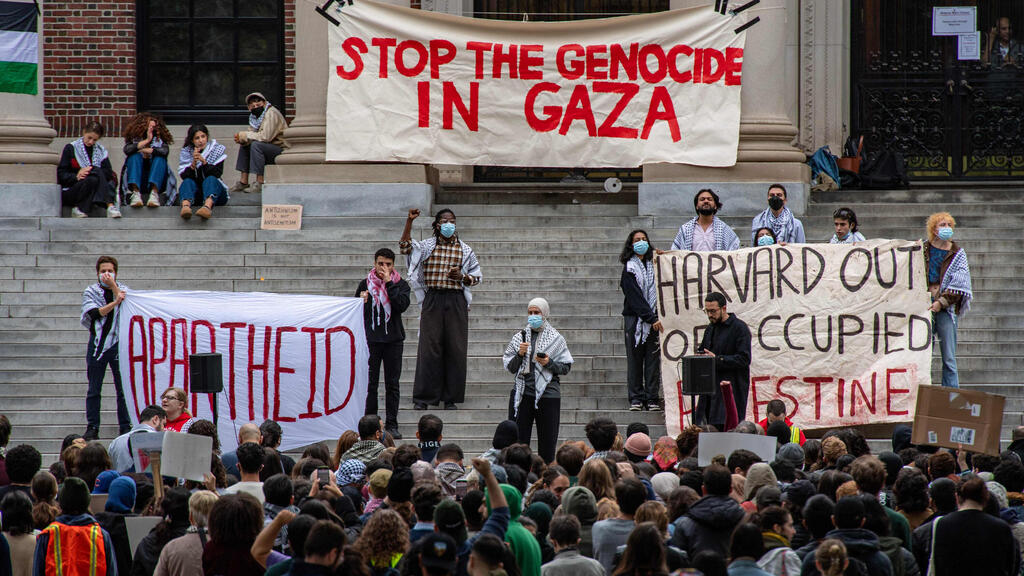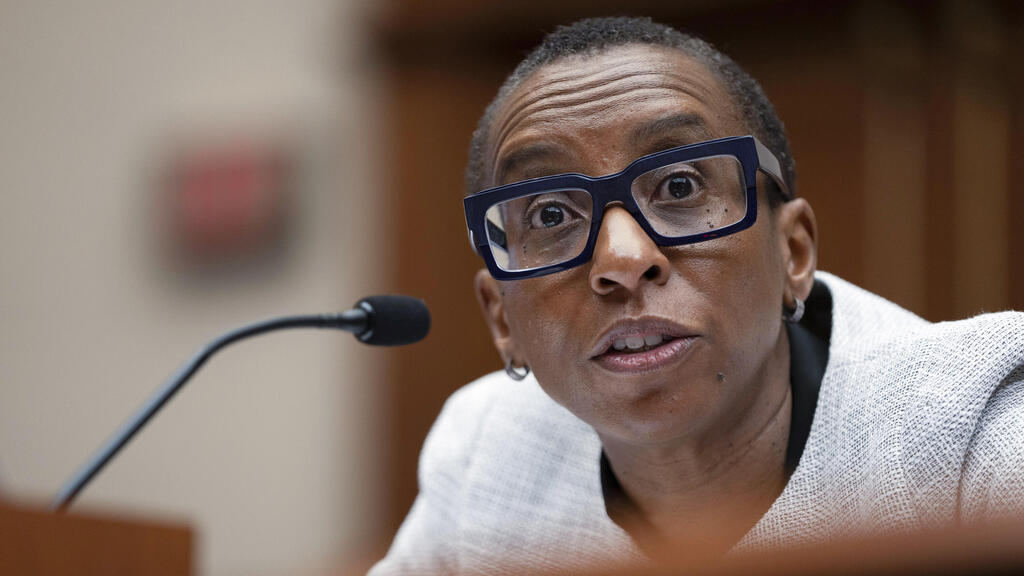Getting your Trinity Audio player ready...
Harvard University will refrain from taking an official position on controversial issues going forward, the university announced on Wednesday.
Interim Harvard President Alan M. Garber wrote in an email to students and alumni that the university would the recommendations of a faculty-led special committee, formed in the wake of the resignation of its former president, Claudine Gay.
The recommendations have also been endorsed by the Harvard Corporation, the University’s highest governing body.
The committee had advised the university to not “issue official statements about public matters that do not directly affect the university’s core function.”
“There will be close cases where reasonable people disagree about whether a given issue is or is not directly related to the core function of the university. The university’s policy in those situations should be to err on the side of avoiding official statements,” the report said.
Henceforth, the institution "will refrain from taking official positions on controversial public policy issues," the university announced on Wednesday.
The decision comes amid mounting tensions on campus, particularly concerning the Israel-Hamas war in Gaza, which sparked widespread debate and criticism of Harvard's initial response. Gay and Harvard's leadership came under fire for its delayed response to the Hamas attack on Israel. When the university eventually issued a statement, it faced renewed criticism for what some perceived as a lack of strong condemnation of both the attacks and acts of antisemitism.
Gay and the administration said in that statement that they were “heartbroken by the death and destruction” caused by the surprise Hamas attack and Israel’s retaliation against Gaza.
Despite embracing the committee's recommendations, the university clarified that they do not extend to decisions regarding divestment – a topic central to the protests and encampment that have taken root on campus. The committee affirmed that financial decisions are not to be seen as "declarations in words," leaving the university with the autonomy to choose whether to divest investments as part of its new policy.
The aim of adopting a stance of neutrality is to prevent similar controversies in the future and ensure that the university remains focused on its core mission of education and research.
"While recognizing the complexity of certain issues, the university aims to avoid entanglements in debates that do not directly impact its educational objectives, Garber said.
The recommendations, put forth by a faculty-led "Institutional Voice" working group, were endorsed by the Harvard Corporation, the university’s highest governing body. They emphasize the importance of upholding academic freedom and fostering an environment conducive to open inquiry, while also acknowledging the need to navigate sensitive political terrain responsibly.
Under the new policy, Harvard administrators, faculty, and governing board members are urged to exercise caution when making public statements on external events or policy matters. This shift toward institutional neutrality is expected to provide clarity and consistency in Harvard's approach to engaging with contentious issues.
Regarding investment practices, the university clarified that while the new guidelines do not dictate financial decisions explicitly, Harvard retains the flexibility to divest from certain investments as part of its new policy framework. This addresses concerns raised by the campus protests and demonstrations, ensuring that the university's stance on financial matters aligns with its evolving policies and principles.





